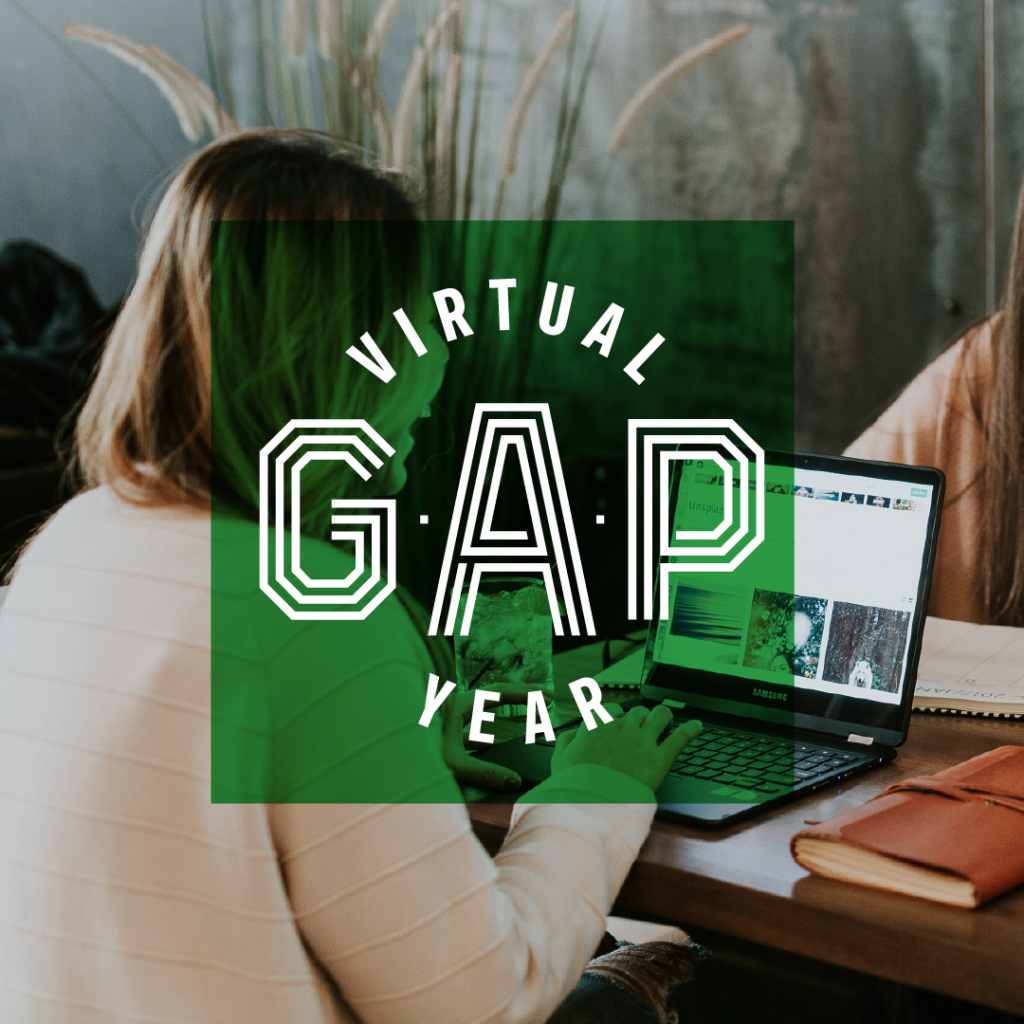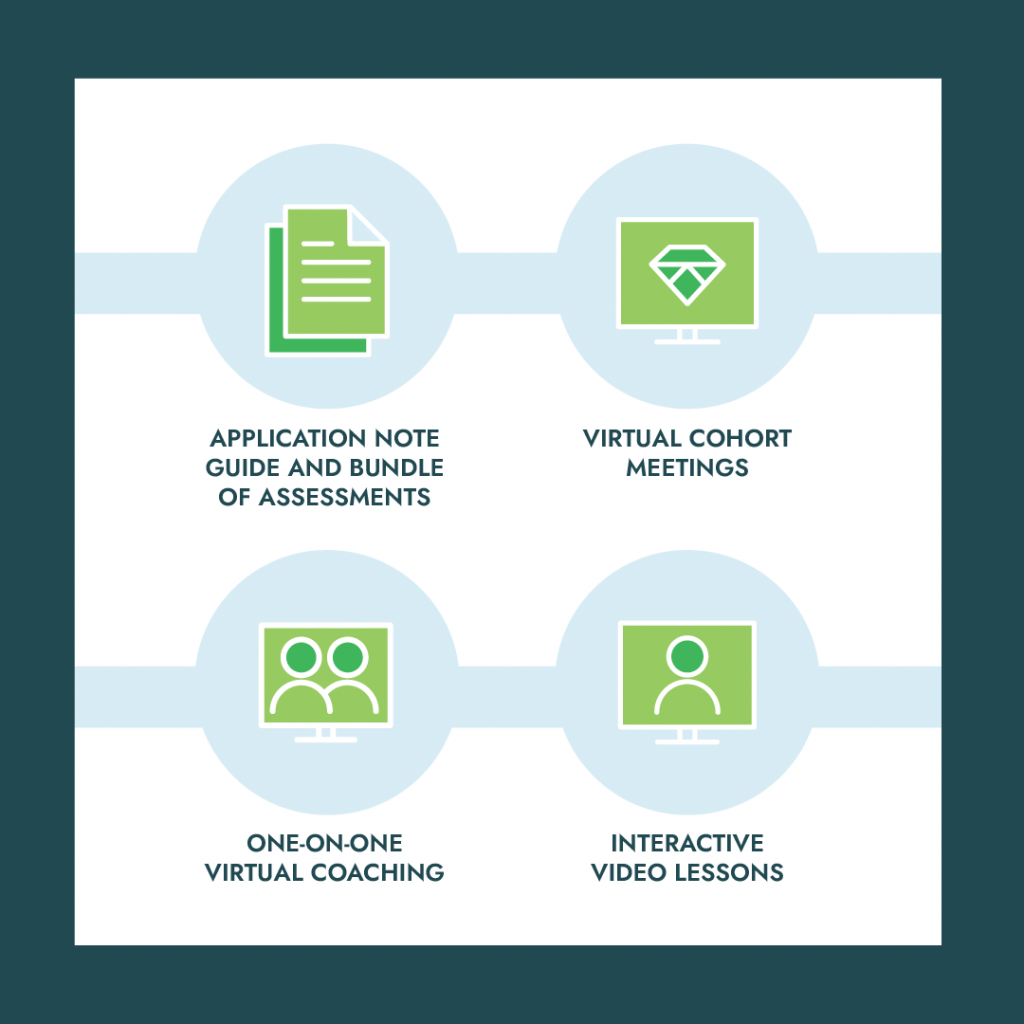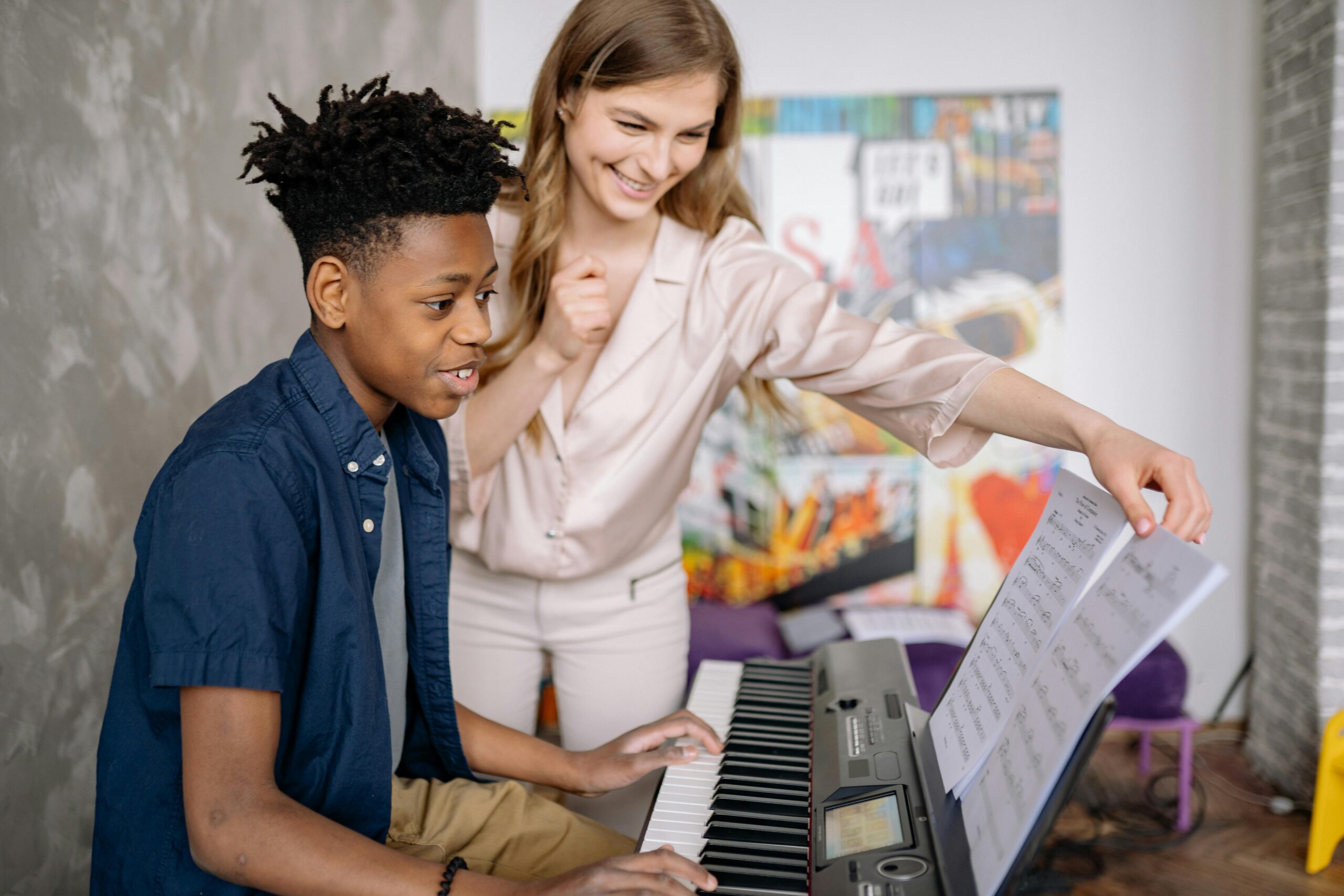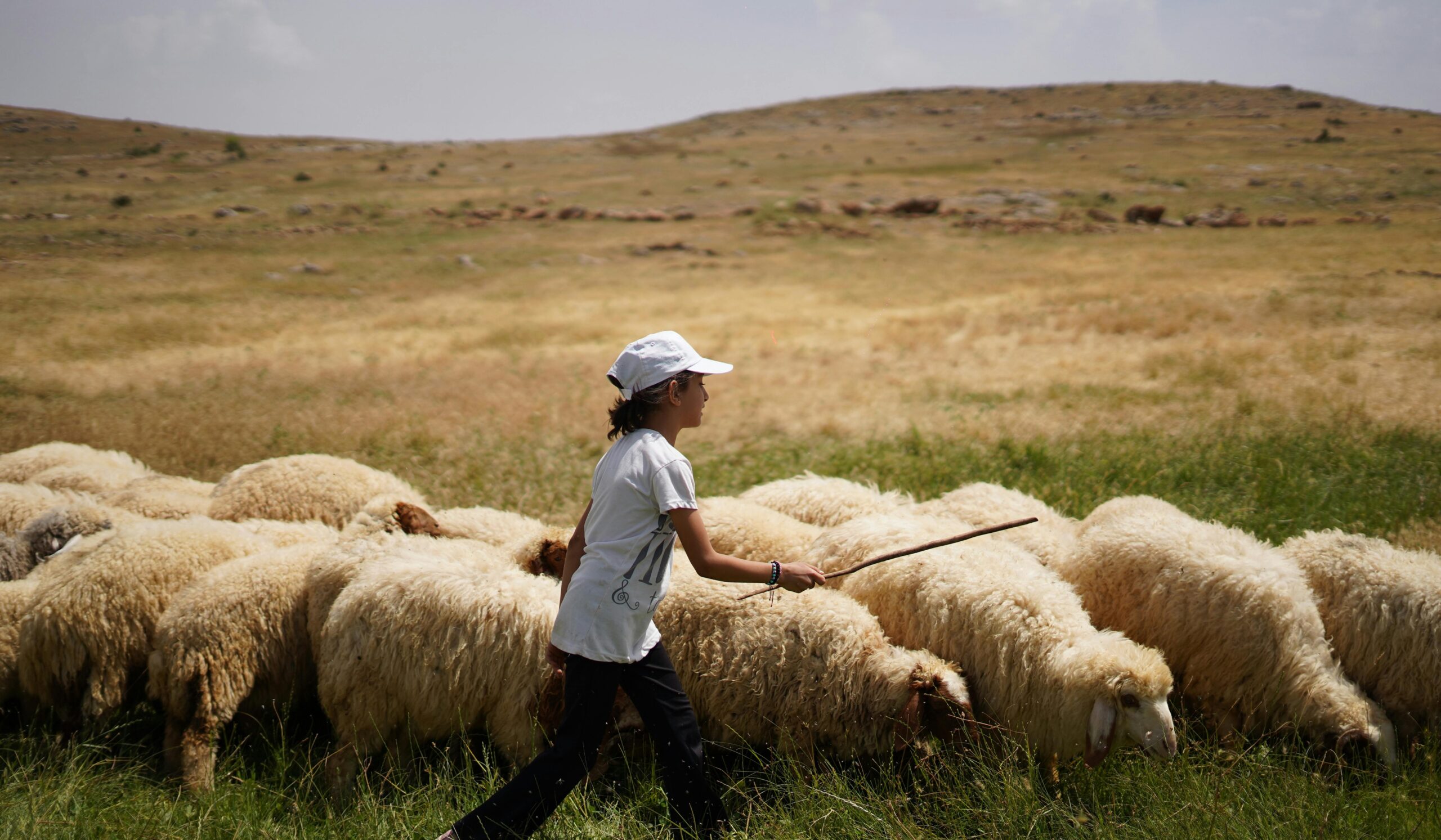
Four Reasons Why a Gap Year Might be the Best Way for Students to Build SEL Skills (Even During a Pandemic)
Today’s blog post is from Steve Moore. Steve is an author, speaker, and president of Growing Leaders.
I came across an interesting letter written by a father on behalf of his discouraged son:
Please forgive a father who is so bold as to turn to you…in the interest of his son. [He] is 22 years old… I can assure you that he is extraordinarily studious and diligent. He feels profoundly unhappy about his current lack of a job, and he becomes more and more convinced that he has gone off the tracks with his career. It is to you I am turning with the humble request to read his paper and to write him, if possible, a few words of encouragement, so that he might recover his joy in living and working. If you could secure him an assistant’s position, my gratitude would know no bounds. Forgive me for my impudence in writing you, and my son does not know anything about my unusual step.
This letter was written in 1901 by Albert Einstein’s father to a professor his son admired. The professor never answered the letter. Describing his desperate search for a position, Albert said, “I will soon have graced every physicist from the North Sea to the southern tip of Italy with my offer.” He even sent postage paid self-addressed postcards with his inquiries since a rejection notice is better than no response at all. No wonder his father felt compelled to intervene.
Life in Transition
Life is marked by transitions. Albert Einstein was in an unwanted spot, not unlike what thousands of students experience today. In-between spaces can cause even the brightest and most highly motivated people to get stuck. This is even more true when a major transition includes a major disruption, like a pandemic in your senior year of high school, or during your college experience. It’s natural for parents to want to help.
When transition collides with disruption, we can feel the need for an intermission. For students, this is often described as a “gap year,” and it is a growing response to the pandemic.
Research by the Art & Science Poll Group conducted in the summer of 2020 found that “Roughly one in six high school seniors say they definitely or most likely will not attend college in the fall because of the coronavirus; of those, 16 percent plan to take a gap year. That compares to fewer than 3 percent who have taken a year or more off between high school and college in the past.”
According to Year On, “Whether you decide to gap with a program or your own self-structured gap year, the personal, social, and academic benefits of gap years are indisputable.”
Catherine McDonald Davenport, dean of admissions at Dickinson College, challenges students considering a gap year to ask, “What am I looking to learn about myself that will better prepare me for college and life in general?”

What Should Happen in a Gap Year?
One of the common and preferred components of a gap year is international travel. The pandemic increased the number of students taking a break while eliminating the possibility of exploring the world.
How can we help students experience the benefits of a gap year when they can’t leave?
1. Exchange adventure for curiosity.
One of the reasons international travel is so commonly connected with a gap year is the value we place on adventure and new experiences. The foundational building block of passion is self-directed learning. The beginning of self-directed learning is curiosity.
Albert Einstein’s breakthrough ideas about the theory of relativity were the result of thought experiments triggered by moving trains during the in-between time of his life. Even if you can’t travel you can be curious. How could curiosity open a door for self-directed learning and the seeds of passion in your life?
2. Expand opportunities by growing your network.
You probably already know or have access to the people who can help you get where you want to go in life. They are friends of your parents or the parents of your friends. Change how you think about these relationships. Make it a priority to connect with them. Einstein’s motivation and persistence in writing postcards is commendable, but start with people you already know. Leverage your curiosity to grow your network by asking questions. Relationship building is a critical skill for any career. Here are a few questions to help you get started:
- If you could give advice to your twenty-year-old self, what would you say?
- How did you get interested in your current career, and what do you like most about it?
- What is the biggest obstacle people like me face entering the workforce and why?
3. Advance your career by investing in yourself.
College isn’t an end in itself. It’s to prepare you for a career, but don’t start with a career. Start with you. As Parker Palmer put it, “Before I can tell my life what I want to do with it, I must listen to my life telling me who I am.” The gap year is a perfect time to slow down for some self-discovery and personal development with a special focus on self-awareness.
4. Create an alternate ending.
It’s not healthy to deny or ignore the disappointment you feel about the disruption of your expected transition into life after high school. You may feel guilty about embracing these feelings because others have been affected in much worse ways by the pandemic. Begin where you are emotionally, then imagine yourself as a screenwriter, creating your own transition experience that brings closure to one season and opens a door to another.
Could This Happen During a Pandemic?
We began thinking about our current parameters (social distancing and remote learning) and how a young adult might still be able to experience an incredible “gap year.” What if a student could continue whatever they’re doing, but participate in a “virtual gap year?”
What if they could join a community of young adults who want to keep growing; who want to avoid getting stuck, but who may not be flourishing on a college campus yet? So, we embraced a lead partner role in hosting a Virtual GAP Year. We’re focused on helping students create a Get Ahead Plan (GAP). The six-month experience begins and ends with a virtual event, supported by monthly engagement through video training, virtual cohort meetings, and two one-on-one coaching sessions.
We’re excited about this opportunity and would love for you to consider:
- Do you know a young adult who could benefit from a virtual gap year?
- Are you aware of anyone who’s decided they aren’t ready for full-time college classes?
- Who is it that needs a spark to discover who they really are before taking a next step?
A Miracle Year?
Four years after his father wrote the letter to his favorite professor, Albert Einstein was working in a dead-end job as a patent clerk. That year, 1905, has become known as his miracle year. He wrote four extraordinary papers, each on a different topic, that were destined to radically transform our understanding of the universe.
There will probably never be another Einstein. But there can be hundreds of unique, miracle years in the lives of students who are curious learners willing to connect with others, grow themselves, and write a new chapter for their lives.
Make your gap year something special — your own miracle year.








